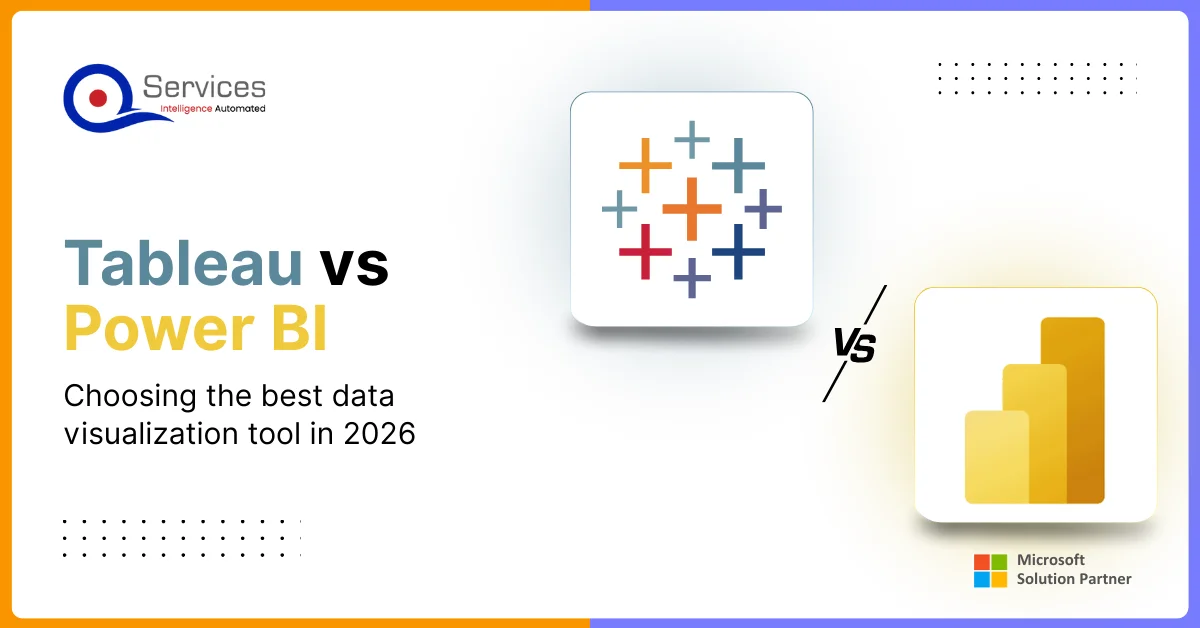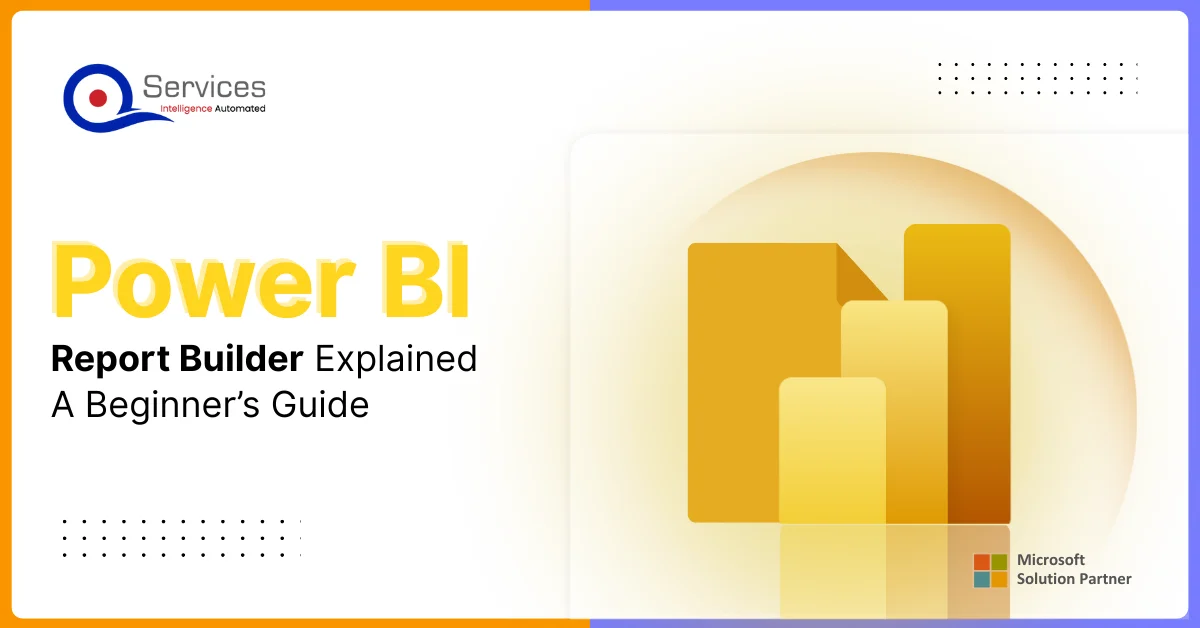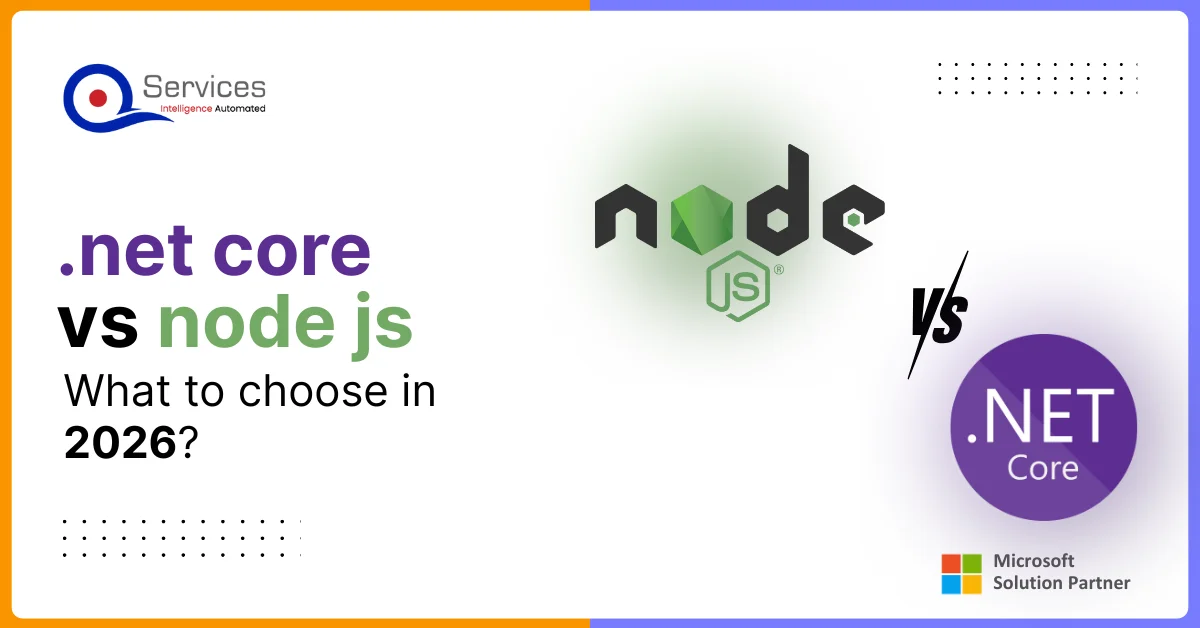
Home » Future of Healthcare AI: How Microsoft Technology is Transforming Patient Outcomes

The healthcare sector is evolving with time, and Microsoft AI in healthcare is playing a major role in their operations. Many healthcare providers are using Copilot healthcare tools to handle paperwork, manage schedules, and improve patient care. Studies show that hospitals can lower their administrative costs by 40% and transform patient care with Microsoft AI solutions saving both time and money. The impact of Microsoft AI on healthcare efficiency and cost reduction is clear, as it helps streamline operations, reduce errors, and enhance overall productivity.
They spend a lot of time on tasks like scheduling appointments, handling bills, and following rules. These tasks take up staff time and increase costs. Medical staff often have to focus on paperwork instead of taking care of patients.
This is where Microsoft for healthcare helps. AI-powered tools like Copilot medical and Azure Health Insights AI can take over these repetitive tasks, making hospital work faster and easier.
A study by Microsoft in healthcare found that 40% of a hospital’s budget goes toward paperwork and administrative tasks. Slow processes, duplicate data entries, and errors in billing add to these costs. Tools like Microsoft AI Azure AI Health Insights and Copilot IQ medical can speed things up and reduce mistakes, helping hospitals work more efficiently.
By using Copilot health management system, hospitals can:
With these tools, hospitals can move away from slow, costly manual work and switch to AI-powered systems that save money and improve care.
Hospitals and clinics spend millions of dollars on manual tasks like data entry, billing, and scheduling. These slow processes lead to:
Higher costs due to extra staff hours
Errors in billing and patient records, leading to disputes
Doctors spending more time on paperwork than patient care
A report shows that healthcare facilities waste up to 40% of their budgets on administrative inefficiencies. This is where Microsoft AI healthcare solutions step in.
How Microsoft AI in Healthcare Cuts Costs by 40%
Microsoft is helping hospitals reduce costs by automating the most time-consuming tasks. Here’s how:
AI-powered medical documentation: Copilot healthcare can listen to doctor-patient conversations and automatically fill out reports, saving doctors hours of manual work each day.
Faster insurance claims processing: With Microsoft AI healthcare, hospitals can reduce claim denials by 30% that means less lost revenue and fewer disputes.
Automated patient scheduling: Rather than manually booking every appointment, Copilot medical allows patients to self-schedule online, reducing call center costs and waiting times.
A large hospital group used Microsoft AI in healthcare to automate:
As a result, they saved $12 million in one year while improving patient care.
With rising healthcare costs, hospitals are looking for smarter ways to manage operations. By using Microsoft AI healthcare solutions, they can:
Hospitals and clinics lose millions of dollars every year due to slow paperwork, missed appointments, and long claim processes. Imagine if doctors had more time for patients instead of forms, appointments were never forgotten, and insurance claims were processed without delays.
Sounds great, right? Microsoft AI is making this happen. Let’s look at some of the biggest problems in healthcare today and how AI is solving them.
Doctors and nurses spend hours filling out medical records, writing prescriptions, and updating patient history. This takes away time they could spend caring for patients. Rushed paperwork can also lead to mistakes, which can be dangerous.
AI listens to doctor-patient talks and automatically writes notes.
Doctors can use voice commands to update medical records.
AI reduces errors and makes sure records are correct.
One hospital using Microsoft AI cut manual paperwork by 50%, giving doctors more time for patients.
When patients forget their appointments or cancel at the last minute, hospitals lose money, and doctors have wasted time.
Sends automatic reminders via text, email, or phone calls.
Fills canceled slots quickly, so no time is wasted.
Suggests the best appointment times based on patient habits.
A private clinic using AI scheduling saw a 25% drop in missed appointments and smoother operations.
Submitting an insurance claim should be easy, but small mistakes—like missing details—can cause long delays. Hospitals then have to wait weeks or months to get paid.
Checks claims for mistakes before they are sent.
Verifies patient details instantly to prevent errors.
Hospitals get paid faster without long waits.
One healthcare provider using AI saw 40% fewer rejected claims, leading to quicker payments.
Hospital staff spend too much time answering the same questions every day—”When is my appointment?” “Does my insurance cover this?” “Can I get a prescription refill?” This leads to long wait times and frustrated patients.
AI chatbots answer patient questions instantly without holding time.
Patients can book, reschedule, or cancel appointments through a chatbot.
Urgent cases get directed to the right department fast.
A hospital using AI chatbots handled 80% of patient questions automatically, saving staff time.
Get free Consultation and let us know your project idea to turn into an amazing digital product.

Imagine a critical heart surgery being delayed—not because of a lack of skilled doctors, but because a vital surgical tool is out of stock. Meanwhile, in another department, millions of dollars’ worth of unused medicines are expiring on shelves.
This is the harsh reality of inefficient hospital supply chains. But what if AI could fix this?
Hospitals face two major supply problems:
Shortages – Running out of critical items leads to delayed treatments and patient risks.
Overstocking – Ordering too many leads to expired drugs, wasted resources, and higher costs.
Microsoft AI in healthcare is solving these issues with:
Smart Inventory Management – AI predicts demand and automates stock replenishment.
Expiration Tracking – AI alerts staff about soon-to-expire medications to avoid waste.
Automated Vendor Selection – AI identifies the best suppliers for cost and reliability.
Impact: A top healthcare network reduced medical waste by 30% and saved millions in unnecessary procurement costs after implementing Microsoft AI-driven supply chain solutions.
Why Are Healthcare Procurement Costs So High?
Most hospitals overspend on medical supplies. Why?
They rely on manual tracking, which leads to mistakes.
They buy in bulk without accurate demand forecasting.
They choose vendors based on past contracts instead of real-time price comparisons.
AI-powered procurement systems are making a huge difference by :
Finding Cost-Effective Suppliers – AI compares vendor prices and automates negotiations.
Forecasting Demand Accurately – AI analyzes historical trends to avoid bulk orders that go unused.
Reducing Wait Times – AI ensures faster deliveries by working with multiple vendors at once.
A leading hospital chain using Microsoft AI in procurement saw a 15% drop in supply costs and a 25% improvement in delivery times—freeing up budget for better patient care.
Have you ever waited too long at the doctor’s office? Or been confused by hospital bills? Many hospitals struggle with too much paperwork, slow processes, and high costs. Doctors spend more time typing on computers than actually helping patients.
Microsoft AI for personalized healthcare and patient experience is fixing these problems by automating tasks, reducing mistakes, and saving time. This means hospitals can work faster, charge less, and give better care.
Doctors and nurses spend too much time writing notes instead of helping people. They have to fill out medical records, write prescriptions, and update patient history. This takes hours every day and can cause mistakes.
With Microsoft Copilot for Healthcare, AI can:
A hospital using AI for medical paperwork saved 50% of their time. Now, doctors spend more time with patients and less time on forms.
Every year, millions of patients miss their doctor’s appointments. They forget, mix up times, or cancel at the last minute. This wastes doctors’ time and costs hospitals a lot of money.
AI helps by:
Sending reminders by text, email, or phone.
Finding new patients for canceled time slots, so doctors don’t lose time.
Suggesting the best appointment times based on patient habits.
A clinic that used AI scheduling had 25% fewer missed visits. This helped patients get treated on time and made doctors’ work smoother.
Medical Bills Are Confusing—AI Makes Them Easier
Many people struggle with complicated hospital bills and insurance claims. If a doctor’s office makes a small mistake, the insurance company may reject the claim. Fixing these errors takes weeks, which delays payments for hospitals and patients.
With Microsoft AI, billing becomes faster and more accurate:
One hospital using AI for medical billing had 40% fewer rejected claims. This meant faster payments and less stress for patients and hospitals.
Long Wait Times on Calls? AI Chatbots Help Instantly
Calling a hospital can be frustrating. You wait a long time just to book an appointment or ask a question. Hospital staff are busy, and phone lines are always full.
AI chatbots solve this problem by providing quick and easy help. With Microsoft AI chatbots, patients can:
A hospital using AI chatbots found that 80% of patient questions were answered without needing a human. This saved staff time and made customer service faster.
AI is already making hospitals faster and safer, but there’s more to come. In the future, AI will help by:
Hospitals using AI for predictive healthcare will be able to treat illnesses before they get worse, lower costs, and save more lives.
Share your project idea with us. Together, we’ll transform your vision into an exceptional digital product!

Microsoft AI in healthcare is not just about fancy technology, it’s actually helping. By eliminating extra work, costs, and providing doctors more time for patients, tools like Microsoft Copilot and Azure AI Health Insights are making healthcare work in a more efficient manner.
AI here takes care of all the medical paperwork, it also plays a major role in appointment scheduling, insurance claims, and patient support, which saves a lot of precious time in this sector. As AI keeps improving, hospitals that start using it now will be ready for the future. Want to know more about how AI is making healthcare better? Read our blog: Healthcare Automation ROI: How Microsoft Solutions Cut Administrative Costs by 40%.
You might be wondering—what does AI really do in healthcare? Simply put, healthcare AI uses smart technology to help doctors diagnose illnesses, suggest treatments, and even assist with patient care. It analyzes data faster than humans can, helping medical professionals make better decisions.
AI helps predict diseases before they get worse, assists in reading X-rays, creates personalized treatment plans, and even powers virtual assistants that answer patient questions 24/7.
If you’ve ever worried about misdiagnosis, AI is tackling that issue. It scans large amounts of medical data, spotting patterns that even experienced doctors might miss.
Think of it like this: predictive analytics helps doctors and hospitals prepare for future health problems before they happen. AI looks at past patient data to predict who might develop certain illnesses, making early treatment possible.
If you have a smartwatch that tracks your heart rate, you’re already using a basic form of AI-powered health monitoring! In hospitals, AI watches over patients, detecting early warning signs of problems like heart attacks.
Have you ever had to fill out endless hospital forms? AI automates a lot of that paperwork, reduces scheduling errors, and makes hospital operations smoother—so doctors and nurses can focus on patients instead of computers.
Yes! AI-powered tools track patients with conditions like diabetes or heart disease, sending alerts if their health worsens. This means they get help before things become serious.
AI makes healthcare more personalized, reduces waiting times, and ensures patients to get the right care at the right time leading to better experience.
AI-powered simulations let medical students practice surgeries and diagnoses in a virtual setting, helping them learn faster.
AI-powered devices help seniors stay independent by monitoring their health, reminding them to take medicine, and even alerting caregivers in emergencies.

When it comes to data visualization tools, organizations face a decision that affects how teams interpret data, share insights, and respond to business shifts. Microsoft Power BI and Tableau Software dominate enterprise analytics, yet they serve different operational needs.

This is one of the most common questions beginners ask when they start learning Microsoft Power BI. Many users install Power BI Desktop, hear about dashboards, then suddenly come across something called Power BI report builder and feel stuck.

Selecting the right software platform should never be a technical choice. For businesses, it is a risk decision that affects speed to market, cloud costs, team productivity, and long-term system stability.
In the .NET Core vs Node.js debate, the focus should be less on which technology is “better” and more on which one fits business needs in 2026. Companies now balance rapid product delivery and remote development with stricter regulations, data protection requirements, and uptime expectations.

Founder and CEO

Chief Sales Officer
